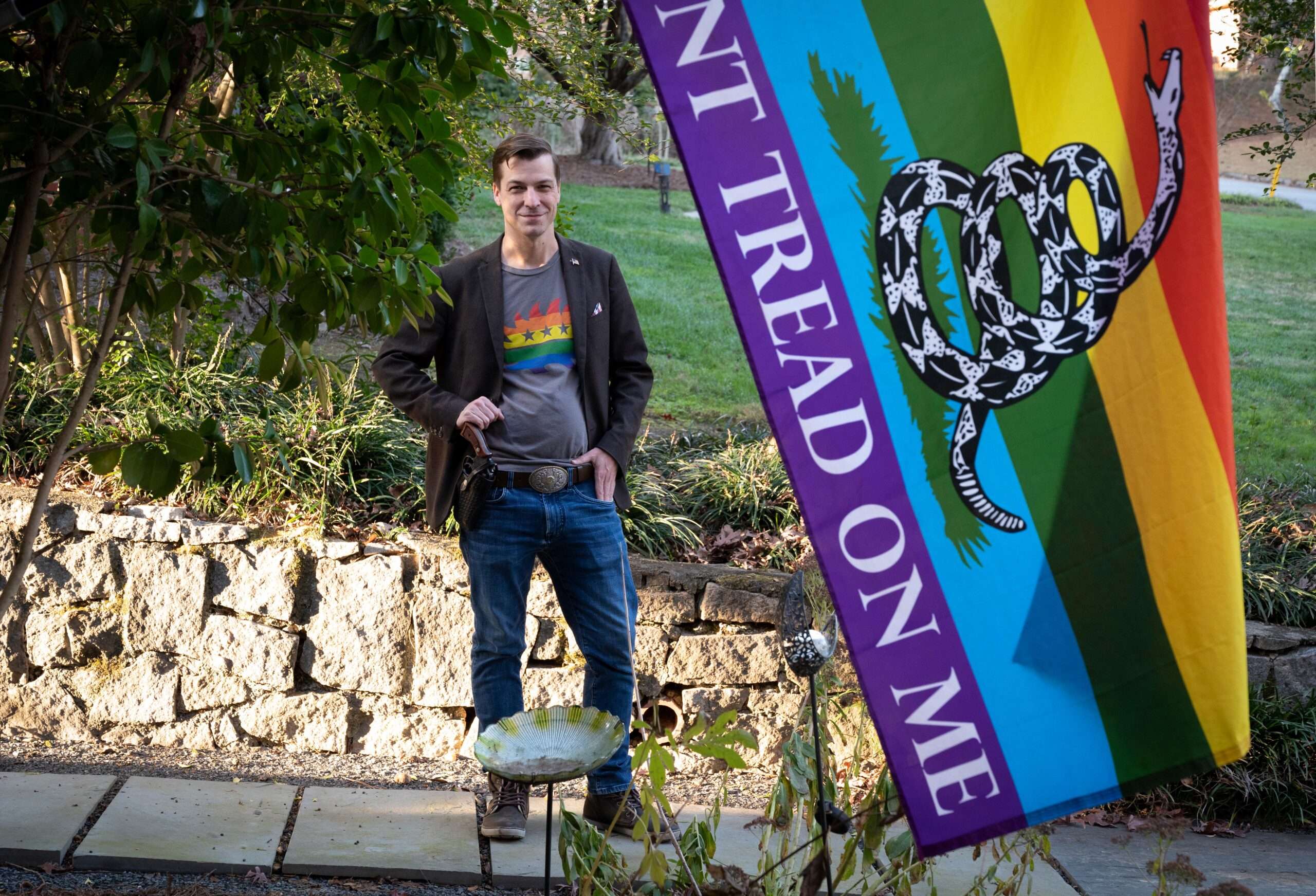The Libertarian Party made history by selecting one of its own as its presidential nominee on Sunday night, following a day of intense elimination voting and a lively four-day event. The party’s national convention in Washington saw Chase Oliver, an openly gay former Democrat and contender in the 2022 U.S. Senate race in Georgia, emerge victorious over nine other candidates, including Robert F. Kennedy Jr. and Donald J. Trump, who both failed to secure the party’s endorsement.
Kennedy, a late addition to the nominee list, was swiftly eliminated in the initial round of voting with just 2 percent of the total votes. Trump, although not an official candidate, received six write-in votes in the same round.
The Libertarian Party, known for its advocacy of individual freedoms and limited government, boasts a presence on the majority of state ballots in November. The party’s nominee is guaranteed a spot on the ballot in at least 37 states, with expectations of expanding this number in the near future.
This convention showcased the party’s diverse appeal, drawing supporters from across the political spectrum with its calls for dismantling the regulatory state, legalizing drugs and sex work, embracing cryptocurrency, opposing tariffs and foreign military expenditures, and advocating for the release of Julian Assange. The party slogan “Become Ungovernable” was prominently displayed, reflecting its core values.
Despite some challenges in the nomination process, the selection of Oliver as the party’s candidate underscored the commitment to Libertarian principles. In his acceptance speech, Oliver emphasized unity and expansion of the party’s influence nationwide, highlighting the need to address pressing issues such as the situation in Gaza, Federal Reserve policies, and taxation practices.
The presence of Kennedy and Trump at the convention generated mixed reactions among party members, with skepticism towards their alignment with Libertarian ideals. Kennedy’s departure from the Democratic Party and Trump’s unconventional campaign tactics added an element of intrigue to the event.
The convention, broadcast live on C-SPAN, featured a range of unconventional moments, including heated debates and unexpected developments. Kennedy’s brief candidacy and Trump’s controversial speech added to the event’s dynamics, reflecting the growing interest in third-party alternatives in the current political landscape.
While Kennedy’s platform resonated with some delegates, his divergence from core Libertarian principles led to his elimination from the running. Trump’s polarizing presence and failed attempt to garner support further underscored the party’s commitment to its values.
The eventual nomination of Oliver symbolized a reaffirmation of Libertarian ideals and a rejection of conventional political norms. As the party prepares for the upcoming election, the focus remains on promoting individual freedoms and challenging the status quo.






